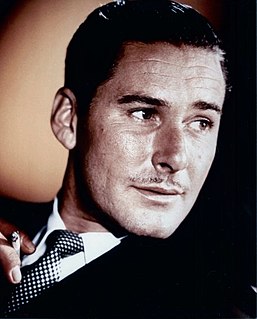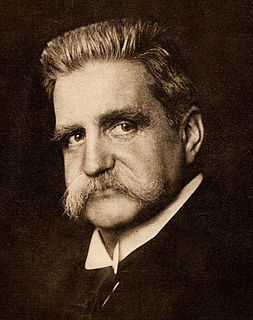A Quote by Elihu Root
Cruelty to men and to the lower animals as well, which would have passed unnoticed a century ago, now shocks the sensibilities and is regarded as wicked and degrading.
Related Quotes
It has been well said that the food one consumes determines one's thoughts. By eating the flesh of various animals, the qualities of these animals are imbibed. How sinful is it to feed on animals, which are sustained by the same five elements as human beings! This leads to demonic tendencies, besides committing the sin of inflicting cruelty on animals.
Without any extraordinary effort of genius, I have discovered that nature was the same three thousand years ago as at present; that men were but men then as well as now; that modes and customs vary often, but that human nature is always the same. And I can no more suppose, that men were better, braver, or wiser, fifteen hundred or three thousand years ago, than I can suppose that the animals or vegetables were better than they are now.
Yes, business really does change. 400 years ago, corporations were formed by royal decree. 300 years ago, many countries were powered by slave labour, or its closest moral equivalent. 200 years ago, debtors didn't go bankrupt, they went to prison. 100 years ago - well, business is largely the same as it was a century ago. And that's exactly the problem. Business hasn't changed, but today's array of tectonic global shocks demands a different, radically better kind of business. Yesterday's corporations visibly cannot meet today's economic challenges.
Civilization is based on a clearly defined and widely accepted yet often unarticulated hierarchy. Violence done by those higher on the hierarchy to those lower is nearly always invisible, that is, unnoticed. When it is noticed, it is fully rationalized. Violence done by those lower on the hierarchy to those higher is unthinkable, and when it does occur is regarded with shock, horror, and the fetishization of the victims.
For too long we have occupied ourselves with responding to the consequences of cruelty and abuse and have neglected the important task of building up an ethical system in which justice for animals is regarded as the norm rather than the exception. Our only hope is to put our focus on the education of the young.
In the supposedly enlightened eighteenth and nineteenth centuries, parental indifference, child neglect, and raw cruelty appearedamong Europeans of all classes.... In mid-nineteenth- century France, families abandoned their children at the rate of thirty-three thousand a year.... It took sixty years after the criminalization of cruelty to animals for cruelty to children to be made punishable under English law.... Industrialized America added brutalizing child labor to the oppressions of the young.
Cruelty, very far from being a vice, is the first sentiment Nature injects in us all. The infant breaks his toy, bites his nurse's breast, strangles his canary long before he is able to reason; cruelty is stamped in animals, in whom, as I think I have said, Nature's laws are more emphatically to be read than in ourselves; cruelty exists amongst savages, so much nearer to Nature than civilized men are; absurd then to maintain cruelty is a consequence of depravity. . . . Cruelty is simply the energy in a man civilization has not yet altogether corrupted: therefore it is a virtue, not a vice.




































